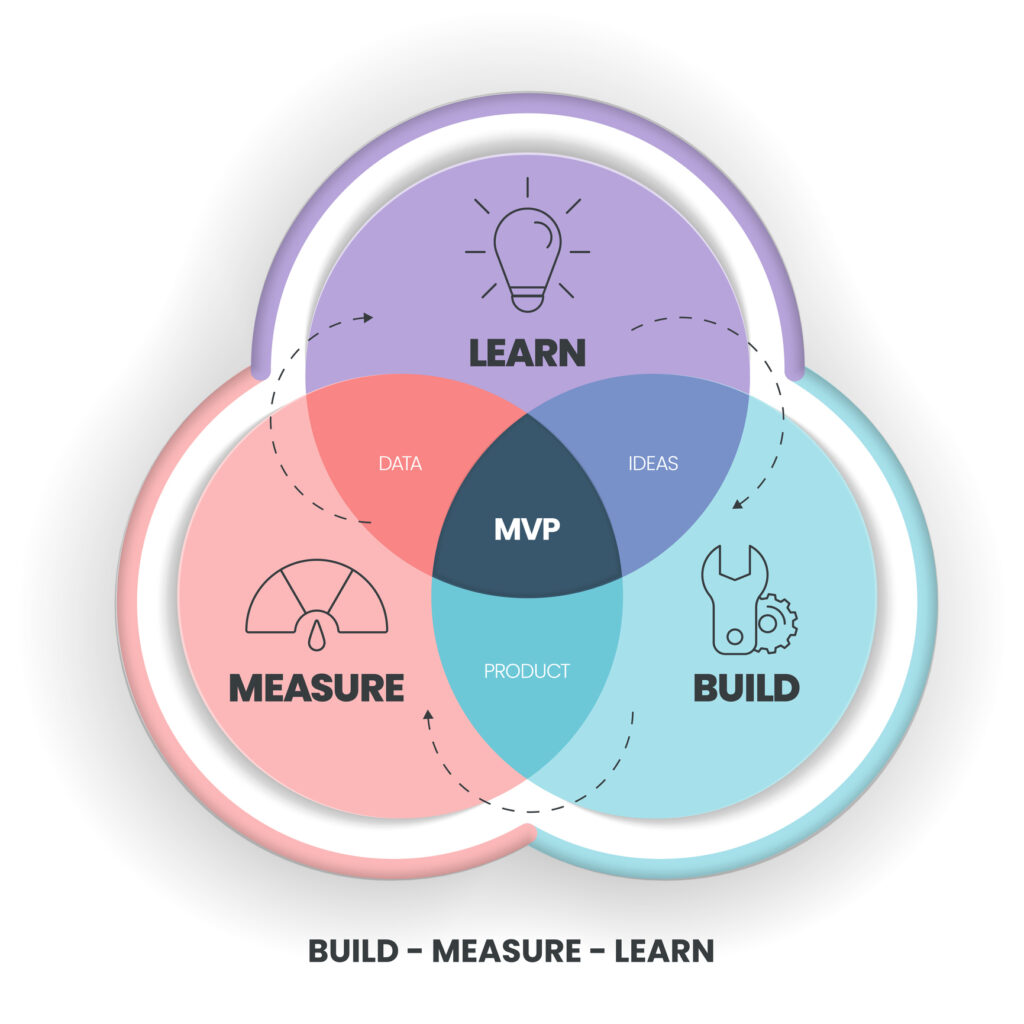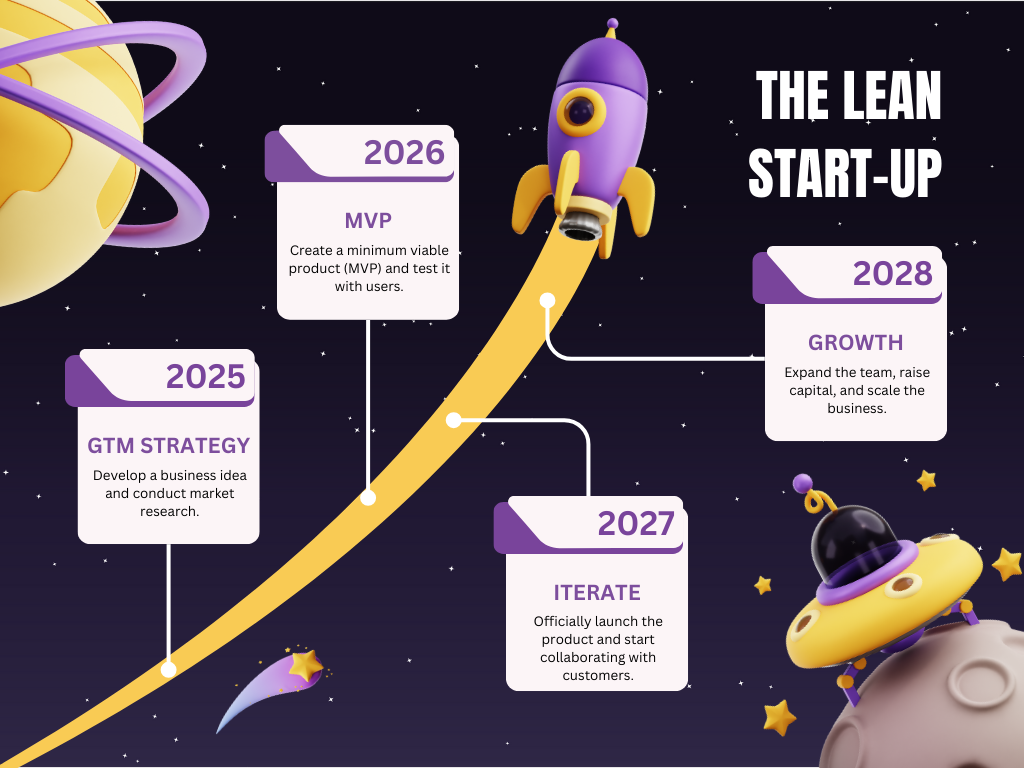Following our exploration of “The Tipping Point” by Malcolm Gladwell, this week we shift our focus to “The Lean Startup” by Eric Ries. This book is essential for understanding how to navigate the complexities of building a successful startup through validated learning, creating an MVP, and the strategic use of pivots. These themes are instrumental for start-ups, scale-ups, and intrapreneurial efforts.
Key Concepts of The Lean Startup
Validated Learning Ries introduces validated learning as a cornerstone of the lean startup methodology. This involves systematically testing assumptions and learning from real customer interactions to drive decision-making. This concept dovetails with “Essentialism,” where the focus is on prioritizing tasks that offer true value and insight. 📚🔬
Minimum Viable Product (MVP) The MVP is designed to test hypotheses quickly and with minimal resources. By launching the most basic version of a product, startups can gather critical customer feedback early and often. This approach ensures that efforts are focused on features that matter, resonating with the stickiness factor discussed in “The Tipping Point.” 🚀🧩
Pivoting Pivoting is about making strategic changes based on validated learning. This flexibility is crucial for startups to adapt and thrive in a rapidly changing environment. It reflects the resilience discussed in “The Subtle Art of Not Giving a F*ck,” where embracing challenges and learning from them is essential for growth. 🔄🛠️

Applying These Concepts to Our Professional Lives
Combining lessons from “Essentialism,” “The Subtle Art of Not Giving a F*ck,” and “The Tipping Point,” “The Lean Startup” equips us with tools to build a resilient and adaptable business strategy.
- Embrace Validated Learning: Focus on empirical evidence and customer feedback to guide your product development and business decisions. This ensures that your efforts are aligned with real market needs. 🎯
- Build an MVP: Create and launch simple product versions to test hypotheses quickly and iteratively. This approach maximizes learning while minimizing waste. 🧪
Be Willing to Pivot: Adapt your strategy based on validated learning and customer feedback. This ability to pivot is crucial for navigating uncertainties and achieving long-term success. 🌍
My Rating: ⭐⭐⭐⭐⭐ (5/5)
“The Lean Startup” provides a practical framework for building and growing startups in a way that is both efficient and responsive to market needs. When combined with insights from our previous reviews, it forms a comprehensive guide to successful entrepreneurship.
How Does This Resonate with Your Experience?
I’d love to hear how these concepts resonate with your professional experiences. How have validated learning, MVP development, and strategic pivoting shaped your GTM strategies and business growth?
Stay tuned for our upcoming review of “The Toyota Way,” which delves deeper into validated learning and continuous improvement practices.
Keep pushing forward, and remember to focus on what truly matters! 🚀
#TheLeanStartup #Essentialism #TheSubtleArtOfNotGivingAF*ck #TheTippingPoint #GTMStrategy #StartupLife #ScaleUp #ValidatedLearning #MVP #Pivot #BookClub
